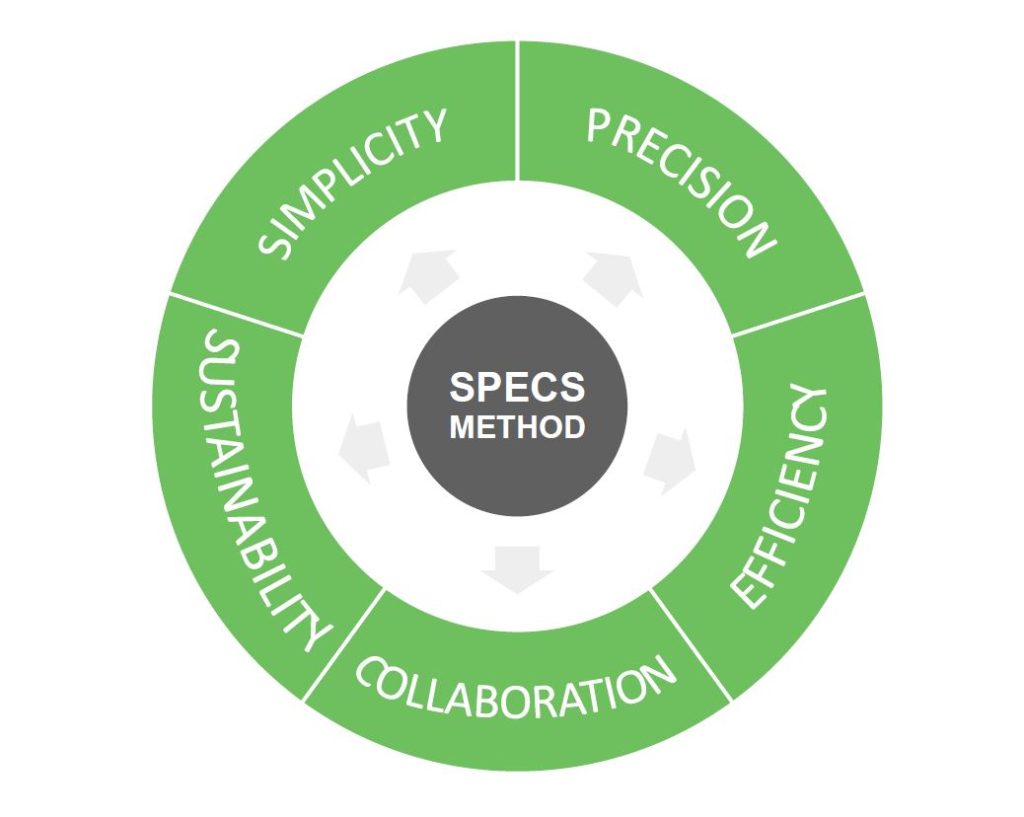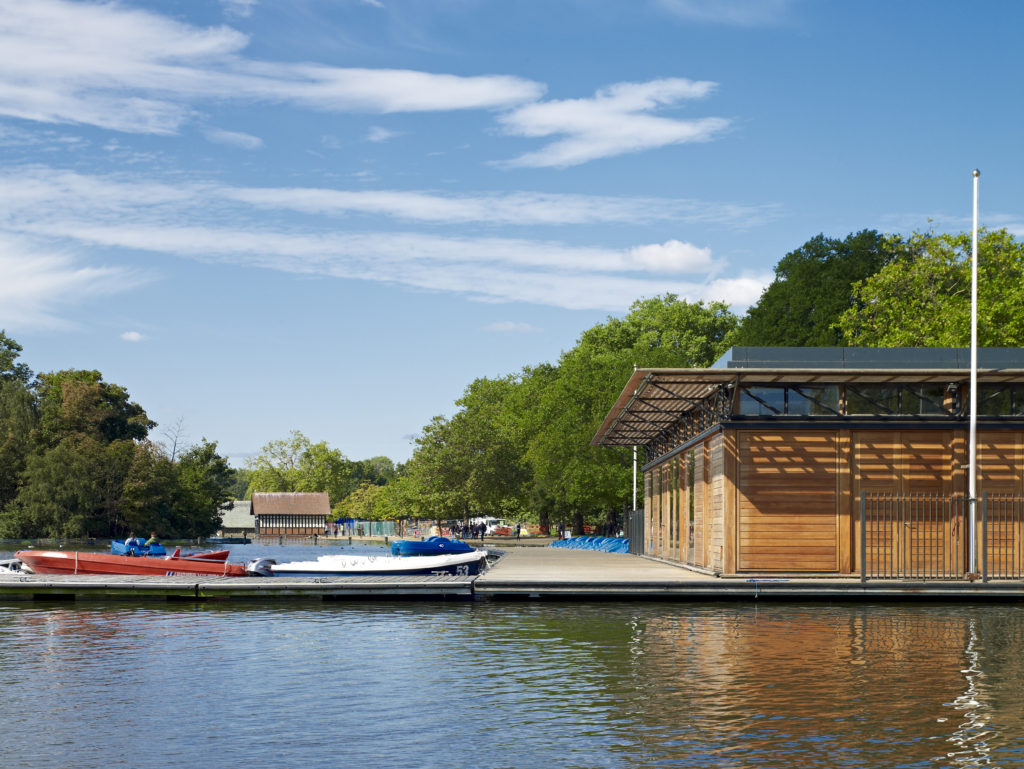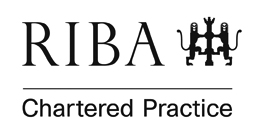Client Adviser – Graham Ford
Giving you and your team the qualified and confidential advice you need before any design work starts
ABOUT GRAHAM
From my office in West London, I have worked across Southern England since 2006. I know how the planning system works and I have observed planning becoming more complex and challenging.
We specialise in working with sports and hospitality clubs and schools who need to renovate or build a new facility. I have designed a boathouse in Hyde Park, I worked on the London Olympic Games and I co-ordinated a new university with one of the world’s leading architects.
We are currently upporting our clients to understand if a new building makes sense for them. My vision is to save my clients money by reducing their energy bills and at the same time reduce their carbon emissions. I have a post graduate degree in sustainability. I have taught architectural design in a number of Russell Group universities.
Experienced advice that puts you in control of your construction project before it starts.
WHAT PROBLEMS DO MOST CLIENTS HAVE?
You will most likely have clarity about your project’s outcomes, but you will depend upon your adviser for advice on design, construction and budgets. You have to trust that someone is giving you the right information and is leading you and your project in the right direction.
You will need really accurate information when it comes to building the project and getting it done. You might have years of experience in your business and have very good understanding of your project from a business angle or from a strategic angle, but it is critical to make sure that your project meets both your short term and long-term objectives and is well managed through all the design and construction phases.
You are vulnerable to the risks of the construction industry. You might not be aware of some of the ways that you can be overcharged or how things can go wrong in your project. Your adviser will ensure this does not happen.
I will work with you to develop strategies for future proofing your facility and adapting it to customers needs and desires particularly following the Covid-19 pandemic. We will look at how we can convince your customers that you will look after them in they come to your building.
Committing to a design process means that every mistake will affect your scope, specification, time and bedget. Talk to us befor you start, we can save you costly mistakes.
What is a client adviser?
Your client adviser will stress test the assumptions you have made in your business plan and will look at your strategy and make critical recommendations before you start your project.
A client adviser is:
How is a client adviser different to other built environment professionals?
Giving you and your team qualified strategic advice from start to finish.
What are the critical benefits of working with a client adviser before you start?
A client adviser helps you maintain control over issues affecting quality, values, sustainability, and building lifecycle by:
Are you going for a pevention or cure, cure is always more expensive.
The prevention vs the cure value proposition
The most value comes early in the briefing process. Making any change after the design has begun is very expensive and slows down your design team. You should concentrate design thinking at the beginning of your project, distilling and communicating everyone’s ideas and vision. This vision must then be the basis for your project’s business case. In this early stage your Value Proposition can be defined.
The Value Proposition is a statement of desired outcomes based on the needs and desires of your customers. The Value Proposition will include the financial value of your project, and other less tangible dimensions.
Social, economic, and environmental values include employment opportunities, how your project will help connect communities, how do ages and groups will access and benefit from the project, how the project will enhance wellbeing and increase productivity of those that work in the building. We will calculate the sustainable credentials of the project and how it can help reduce our impact on the planet. These less tangible dimensions will be crucial to articulate clearly in order to gain planning permission for your project.
OUR PRINCIPLES/METHODOLOGY:
We use the SPECS methodology to help our clients achieve effortless and elegant architecture.

Simplicity: During the design development we focus on ensuring that usability and functionality is combined with beauty.
Precision: Precision comes from accurate design documents. We ensure your consultants design work is fully detailed and co-ordinated so there are no surprises during the construction of your project.
Efficiency: Everything your consultants do should be designed to minimise the disruption to your lives and ensure your project runs as smoothly and efficiently as possible.
Collaboration: We are easy to work with and you will be fully involved in the process and all the critical design decisions. You will always know what the next step is. We will help you procure a strong team that includes architects, engineering consultants and contractors. We take care of the process to ensure you feel at ease, the budget is managed and you are fully informed.
Sustainability: One of our main aims is to ensure your design team develops a design that reduces your energy bills which will also result in your project having less impact on the planet.
If you have a project in mind do our scorecards
Why do a scorecard?
It takes just 5 minutes | It is completely FREE | You will receive in-depth report with useful information and tips
If you have a project in mind, pick a scorecard from below and find out your score today!

I am a business owner or facilities manager wanting to renovate, extend or build a new sport club
Benchmark your sports club project against our five proven principles
Take the test
I am a school bursar or headmaster thinking about a new sport facility
Benchmark your school project against our five proven principles
Take the test
I am a facilities manager or owner of a commercial building and I want to renovate, retrofit or upgrade my building
How prepared are you to meet sustainability targets?
Take the test





